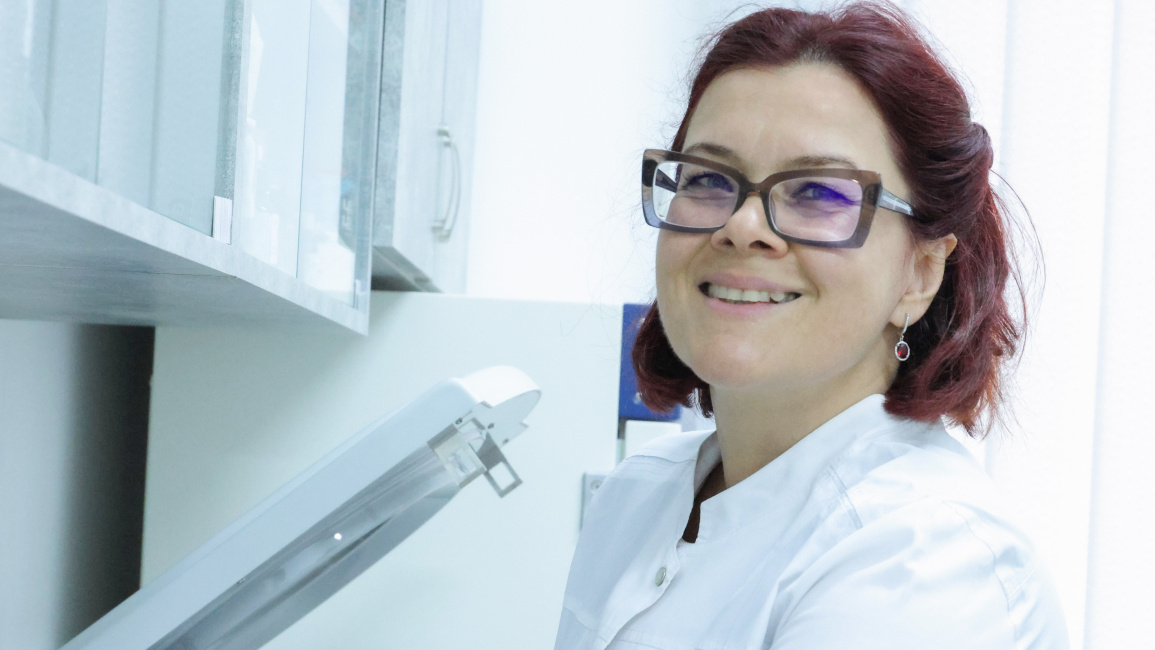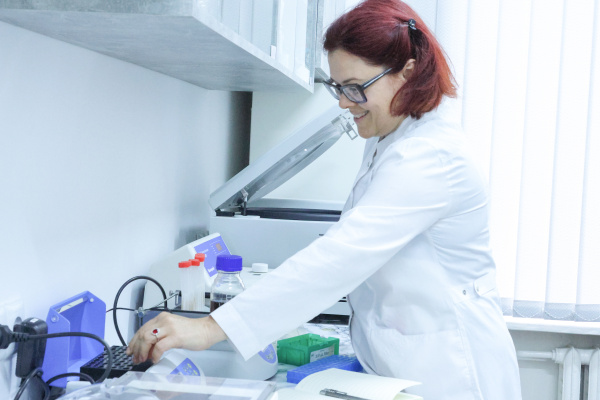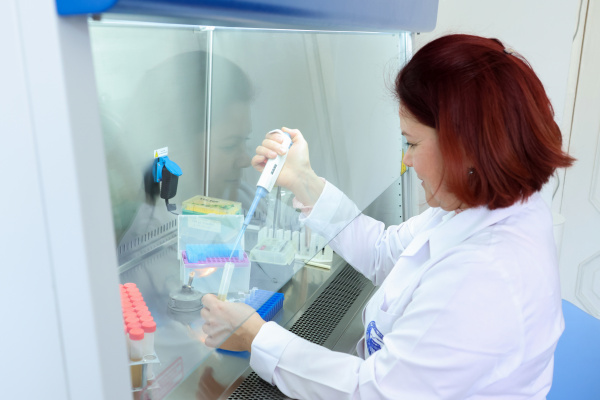June 06, 2025 | 15:00
Science
Education
Research
From beehive to academic platform: YSU researchers explore secrets of microbiome
During the Reporting Conference-2025 at Yerevan State University, Associate Professor Inga Bazukyan from the Chair of Biochemistry, Microbiology, and Biotechnology at the Faculty of Biology presented the findings of a three-month research project that examined the microbiome of honeybees and investigated the biological activities of bee venom across various provinces of Armenia. The project not only addressed significant issues in apicultural biology but also exemplified a new standard in academic research at the university.

"In 2022, YSU announced its first internal grant competition, which became a unique starting point for our team. We successfully passed through all the stages of the competition and were awarded the grant," said Associate Professor Inga Bazukyan. A key requirement of the grant program was the involvement of an advisor with international experience, who would reside in Armenia for 90 days to participate in academic activities and support the research process. The team selected a trusted partner: Dr. Svetoslav Dimov, Head of the Department of Genetics at Sofia University in Bulgaria. Their prior collaborative publications and established mutual trust laid a strong foundation for effective cooperation.

The research focused primarily on two main areas. The first was the analysis of the gut microbiome composition of bees collected from provinces with varying environmental conditions. The findings revealed region-specific differences, potentially paving the way for the development of localized beekeeping strategies. The second focus was the assessment of the biological activity of bee venom. Findings indicated that bee venom possesses several properties that could be of value in biomedical applications.
"We consider it particularly important that this program yielded substantial scientific outcomes. Four research works have been published to date, including a book chapter, two articles in Q1 journals, and one article in a Q2 journal. Three more articles have been submitted for publication, which means a total of seven outputs from this project," noted Bazukyan.
However, these findings mark only the beginning. Building on this foundation, Bazukyan’s team participated in the "Program for the Empowerment of Women Leaders – 2024" competition, announced by the Armenian Ministry of Education, Science, Culture and Sports, and was once again awarded a grant.

"This new three-year project, which began in August 2024, will focus on the impact of seasonal changes. We aim to understand how the bee microbiome varies across different seasons. Additionally, we will evaluate the effects of insecticidal compounds on bee health, while continuing our research into the biological activities of bee venom."
Inga Bazukyan is convinced that such initiatives not only enhance the university’s research potential but also play a crucial role in training the next generation of researchers. Graduate students are actively involved in the research process, gaining hands-on experience in an international collaborative environment, mastering advanced laboratory techniques, and co-authoring publications on international platforms.
While beekeeping may appear as an ordinary sector of agriculture, YSU scientists are uncovering the intricate biological, ecological, and biotechnological processes it encompasses—bringing to light essential scientific questions rooted in beekeeping.

